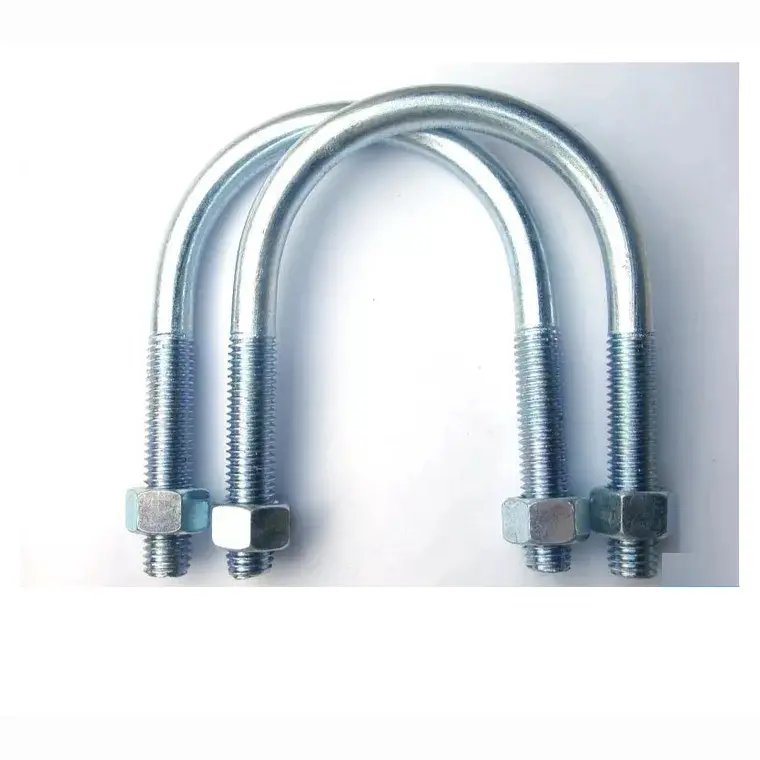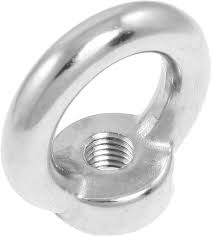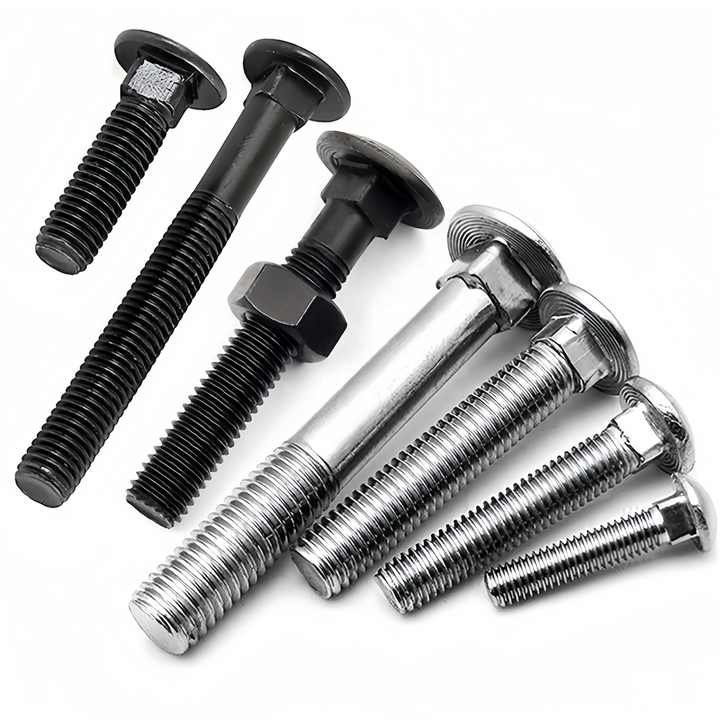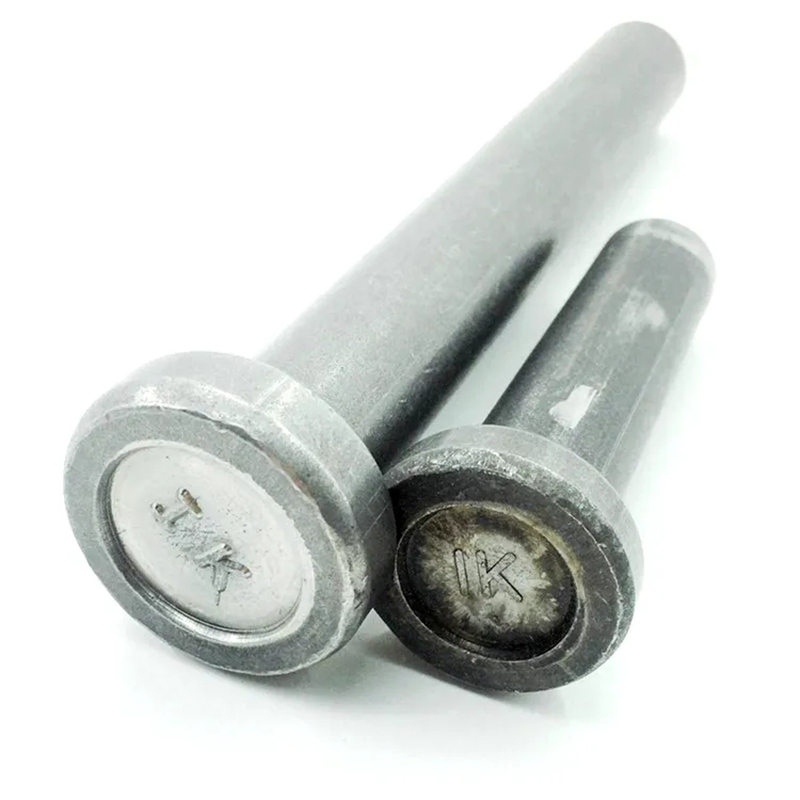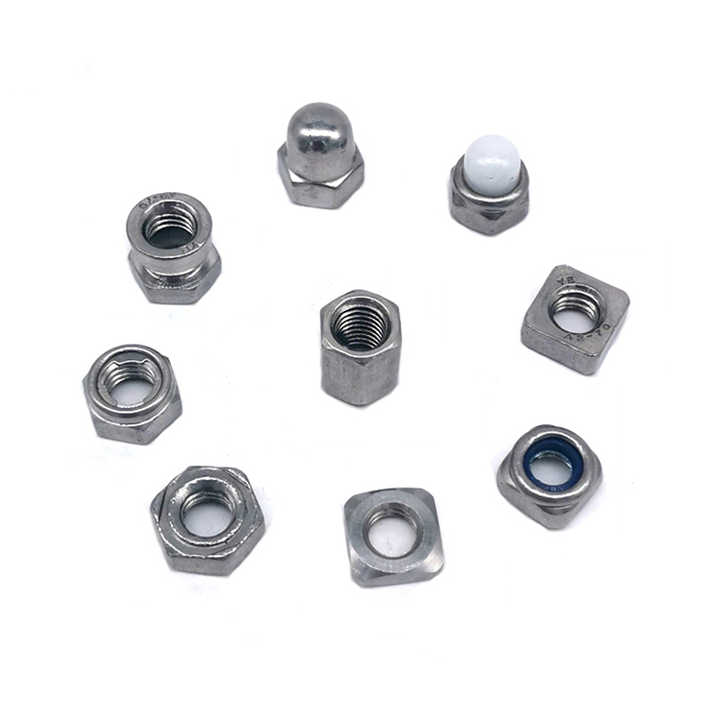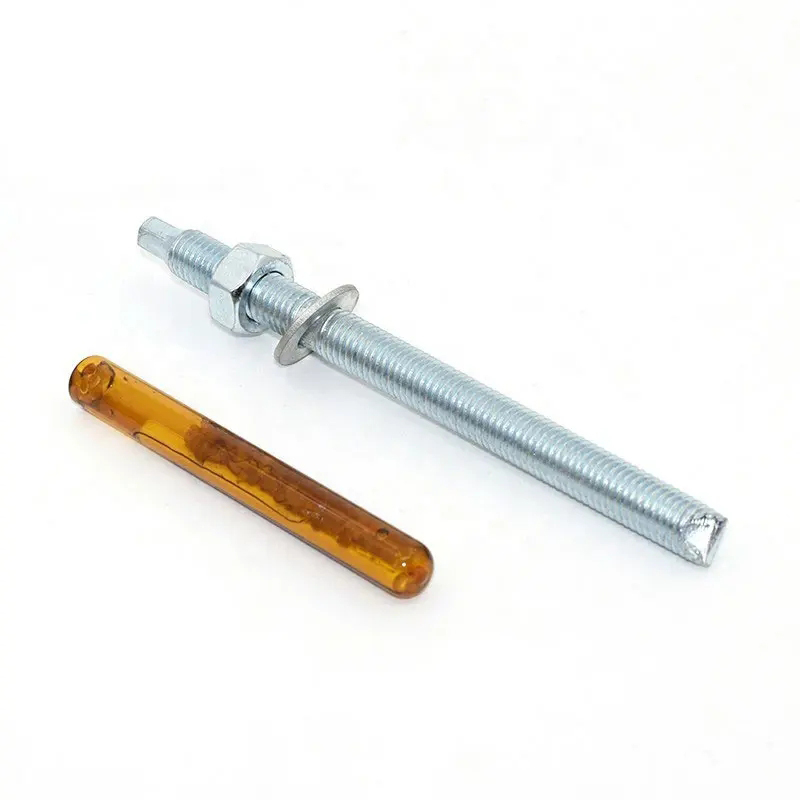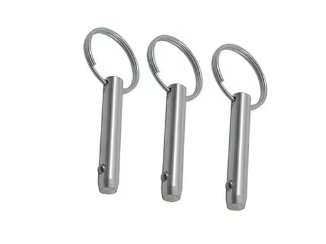Buy Lock Nuts: A Comprehensive GuideThis guide provides a comprehensive overview of buy lock nuts, covering types, applications, and selection criteria to help you make informed purchasing decisions. We'll explore various lock nut designs and their suitability for different applications, emphasizing factors like material, size, and thread type. This information is crucial for ensuring secure and reliable fastening in various industries.
Understanding Lock Nuts
What are Lock Nuts?
Lock nuts are specialized fasteners designed to prevent loosening under vibration or other dynamic forces. Unlike standard nuts, they incorporate mechanisms that resist self-loosening, ensuring a secure connection. The choice of the right
lock nut is paramount for safety and preventing costly failures.
Types of Lock Nuts
There's a wide variety of
lock nuts available, each designed for specific applications. Here are some common types: Nylon Insert Lock Nuts: These nuts feature a nylon insert that creates friction, preventing loosening. They are cost-effective and suitable for many applications. All-Metal Lock Nuts: These nuts utilize various mechanisms such as a deformed thread or a locking element to prevent loosening. They offer higher strength and resistance to higher temperatures compared to nylon insert nuts. Examples include prevailing torque nuts and wedge lock nuts. Prevailing Torque Nuts: These are designed with a slightly deformed or enlarged thread that creates clamping force, preventing loosening. They're often used in high-vibration environments. Castle Nuts and Cotter Pins: These classic
lock nuts feature a slotted nut and a cotter pin passed through the bolt and nut to secure the connection. They are typically found in critical applications where absolute security is required.
| Type | Description | Application |
| Nylon Insert | Nylon insert creates friction | General purpose |
| All-Metal (Prevailing Torque) | Deformed thread provides clamping force | High vibration environments |
| Castle Nut & Cotter Pin | Slotted nut and cotter pin for secure fastening | Critical applications |
Table showing various lock nut types and their applications.
Selecting the Right Lock Nut
Choosing the appropriate
lock nut depends on several factors:
Material Considerations
The material of the
lock nut must be compatible with the bolt and the application environment. Common materials include steel, stainless steel, and brass. Consider corrosion resistance and strength requirements.
Size and Thread Type
Ensure the
lock nut's size and thread type match the bolt. Incorrect sizing can lead to inadequate clamping force or damage. Consult relevant standards (e.g., ISO, ANSI) for accurate specifications.
Vibration and Load Requirements
High-vibration applications demand
lock nuts with superior anti-loosening capabilities. The expected load on the fastener is crucial in determining the appropriate strength and type of
lock nut.
Where to Buy Lock Nuts
For high-quality
lock nuts, consider reputable suppliers like Hebei Dewell Metal Products Co., LTD (
https://www.deweLLfastener.com/). They offer a wide selection of
lock nuts to meet various industrial needs. Always ensure the supplier meets quality standards and provides necessary certifications.
Conclusion
Selecting and purchasing the correct
lock nut is essential for ensuring the safety and reliability of your fastening applications. By understanding the different types, material considerations, and sizing requirements, you can make informed decisions to prevent loosening and maintain secure connections. Remember to consider the specific needs of your application before making your purchase. Choosing a reliable supplier is also critical to ensuring the quality of your fasteners.





